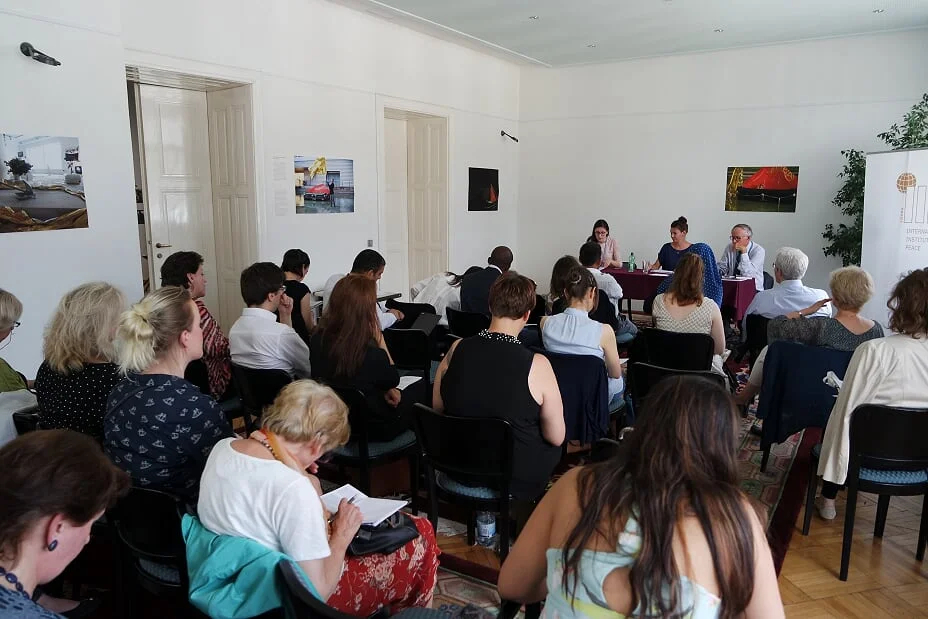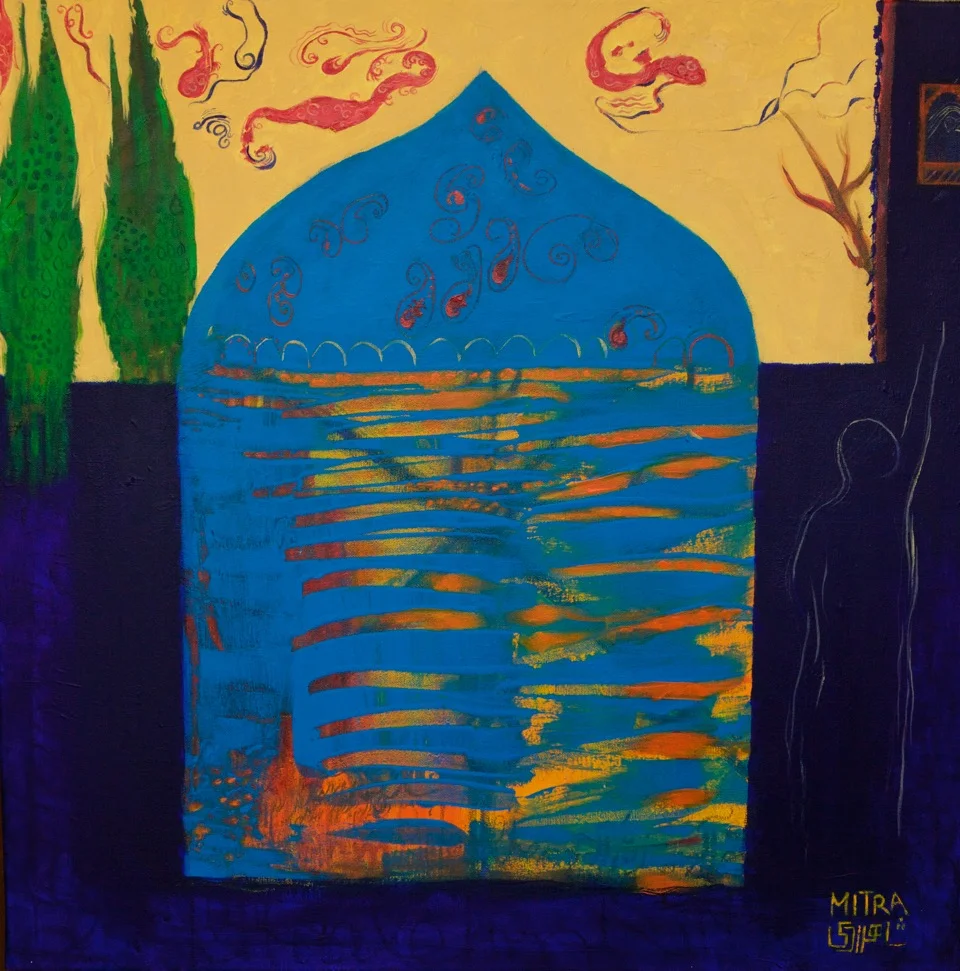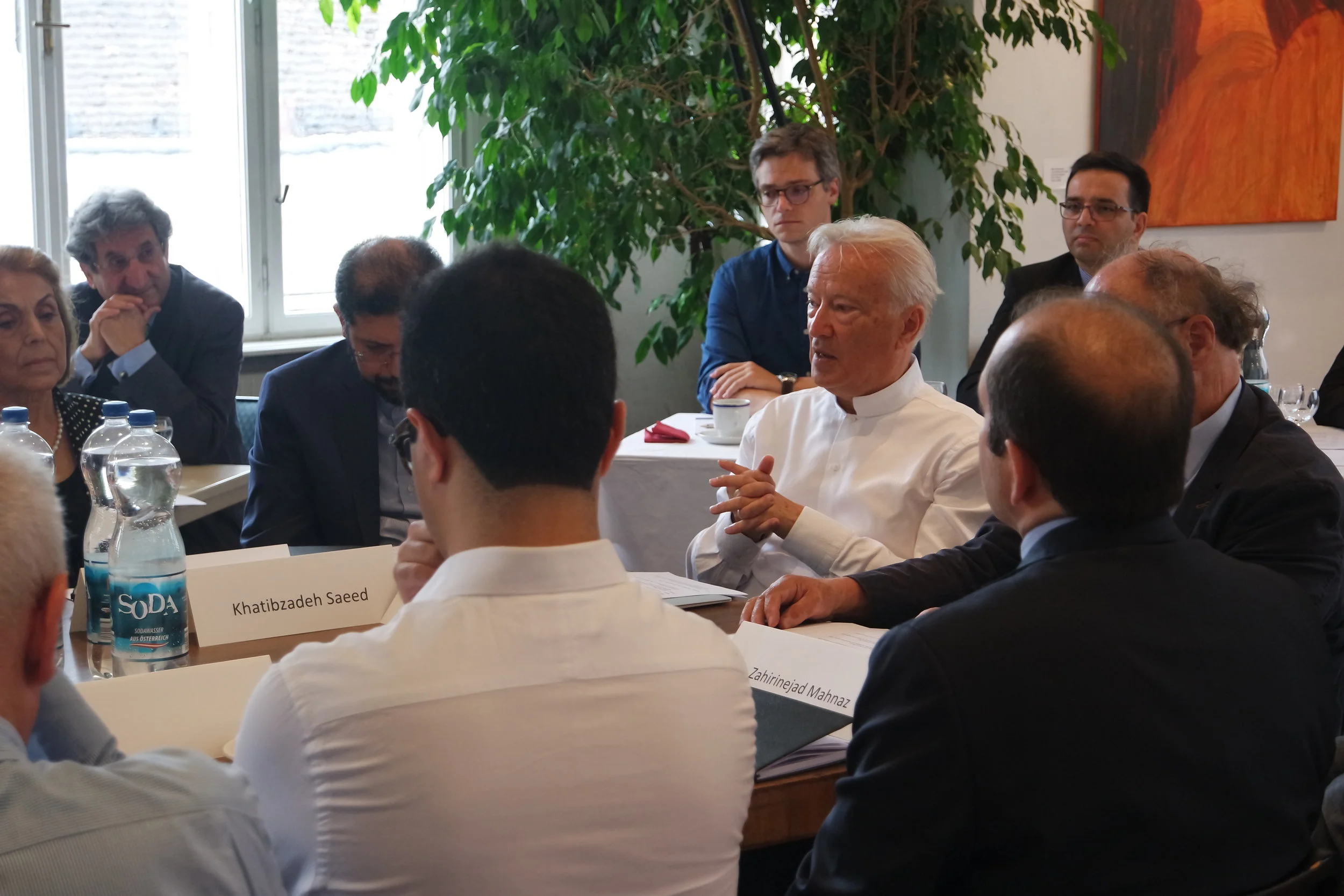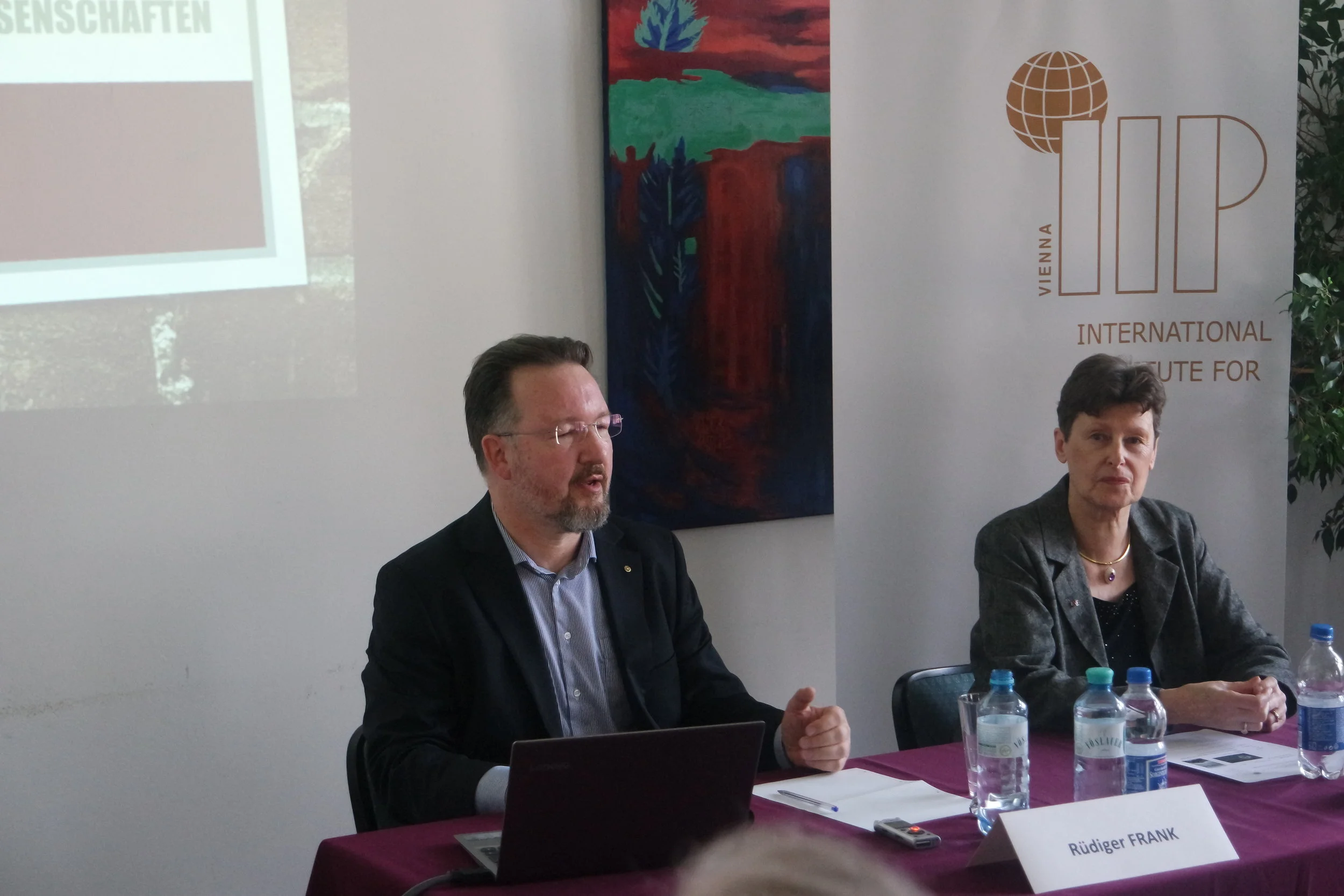Only a few years after the European Council in Thessaloniki in 2003 had strongly confirmed the perspective of EU integration for the Western Balkans, the EU enlargement process entered a phase of fatigue and political stalemate. Even though the technical process was kept on track and the EU Commission made large efforts to speed up the EU integration of the region, the new Commission under Jean-Claude Juncker underlined in 2014 that no enlargement would happen within the next five years. However, pressured by the looming democratic and economic crisis in the Western Balkans as well as the return of the geopolitical power struggle to the region, it was obvious that a new momentum for enlargement would have to be created in order to fill the EU perspective for the region with life. 2018 has been frequently described as the „year of hope“ for EU enlargement and for the Balkans.
In February 2018, a new Enlargement Strategy was presented in Strasbourg by the EU Commission. Bulgaria, currently having the Presidency of the Council of the EU, has organized a major Balkan’s Summit in May 2018. Austria, for a long time one of the most prominent promoters of the EU Enlargement for the Western Balkans and a country deeply intertwined with the region, will assume the EU presidency in the second half of 2018 and place the Western Balkans among the priorities. The conference discussed the current state of the EU enlargement, the numerous challenges in the process as well as future prospective of the region, and above all the future of youth in the Balkans.
In 2018, a new dynamic within the process of EU integration of the Western Balkans has come to life. For this reason, the Austrian Institute for International Affairs (oiip) together with the International Institute for Peace (IIP) and the Karl-Renner-Institute organized a conference of two panels with political representatives, experts, and activists from Serbia, Bosnia-Herzegovina, Croatia, Macedonia, Kosovo, and Albania.
Political representatives and professionals used the first panel as a mode of discussion for continuing and new challenges regarding the planned accession of the Western Balkan states into the EU.
The second panel was led mainly by youth activists from the region sharing their personal outlooks on activism in the Western Balkans and on how the youth can contribute positively to the EU enlargement process, but also more specifically to the current challenges of corruption, nationalism, and brain drain.
In the key-note lecture Michael Karnitschnig, Chief of Cabinet of Commissioner Johannes Hahn, provided a very comprehensive overview about the new EU-Enlargement strategy. He outlined the chances and the possible even though quite ambitious perspective of full membership in 2025 for some countries. However, he underlined some major challenges in terms of rule of law, freedom of media and state capture in the region that will need to be tackled in order to move the whole region forward. The EU Commission, the key player in the process, will remain strongly committed yet there will be no shortcuts on the way towards the Western Balkans as a fully integrated EU region.
PANEL I: EU ENLARGEMENT REFRESHED VS. OLD AND NEW GEOPOLITICAL CHALLENGES (RUSSIA, TURKEY, CHINA)
The event was opened by Vedran Džihić, a Senior Researcher at the Austrian Institute for International Affairs (oiip). Džihić emphasized the importance of “thinking outside of the box” about the Western Balkan accession process into the European Union. The process itself of
EU integration is long and requires a great deal of effort from both sides. Although the political process itself is changing through time, the frustration of citizens in the Western Balkans grows with their respective political entities who they claim are not doing their jobs to ensure that reforms are implemented. Political stability is one of the key factors to achieving progress in the accession process, and in order to gain momentum in the entire process, we must, as Džihić said, “think beyond traditional strategies” and with greater enthusiasm.
In the first panel, speakers discussed the relationship between the Western Balkans and Austria. It is well known that the Western Balkans maintain a strong historical connection with Austria and that the region is somewhat a priority area for Austria. However, it cannot be denied that it is not a simple task for the Western Balkans to fulfill the criteria set by the European Union due to a variety of reasons. Austria’s significant relationship with the Western Balkans also lies in the fact that Austria has a sizeable diaspora originating from the Western Balkans that has been living in Austria for generations. Klaus Wölfer stated that it is precisely at the EU-Western Balkans Summit in Sofia that Austria wants to signal to the European Union that it is in the joint interest of all states that an enlargement process occurs. Inevitably, obstacles stand in the way including the compliance of political functionaries in the Western Balkans to EU demands, as well as inter-ethnic and nationalist issues within the region such as the political relations between Serbia and Croatia or Kosovo and Serbia. These issues must be addressed properly in order for the accession process to take place in a productive manner.
2018 however, there is a window of opportunity arising that could bring the Western Balkans closer to the European Union. Politically, we are at an institutional breaking point, but it must be known, as emphasized by Michael Karnitschnig, that a claim to EU membership is not only a matter of benefiting, but also has a set of standards that need to be fulfilled in order for membership to be maintained. He clarified that the European Union stands for a free and open society, which the Western Balkan region must also embody. However, the European Union must also give a clear signal that yes, the “the door is open”. Moreover, the EU itself is facing an increase in nationalist tendencies, shown partly by the results of Brexit and the results of recent elections. It is also important that in the wake of EU accession of the Western Balkans the European Union deals with internal economic, security, and political challenges, in other words, their own “dirty laundry”.
Vedran Džihić asked panelists about the potential for economic investment in the region as well as Turkey’s and Russia’s relationship with the Western Balkans. Vuk Velebit discussed Serbia’s experience with Russian media propaganda and the increased number of pro-Russian organizations in Serbia. Alida Vracic who works for Populari in Sarajevo commented on the relationship between the Western Balkans and Turkey, and Turkey’s influence on public opinion about the EU accession process, and its connection to culture and religion in Bosnia and Herzegovina in particular.
PANEL II: NEW PARADIGM? YOUTH AND CIVIL SOCIETY FORCES SHAPING NEW BALKANS
Hannes Swoboda from the International Institute for Peace (IIP) asked panel participants to discuss their personal dreams and desires for their respective countries. Youth panelists pointed to their concerns about political corruption, a deep-rooted problem affecting the daily life of citizens, their access to new opportunities, and security in the region. The discussion revealed that all youth representatives sitting on the panel showed enthusiasm with regards to a Western Balkan future with the EU, but that they also realized the necessity for Western Balkan countries to assimilate in greater ways to the economic, political, and social standards of the European Union.
The reason for many young people going abroad from the Western Balkans to European Union member states for a better education was also discussed. Some panelists shared the importance for young people to pursue an education abroad and return to their home country upon
completion in order to enact change in their home countries. They agreed that there are many young people with potential, but too few chances to unfold it. Samir Beharić shared his experience growing up in Jajce, Bosnia and Herzegovina, where some primary and secondary schools are segregated mainly by dividing Croat and Bosniak children. In order for policies like these ones to change, Beharić stated that he believes that progressive youth from the Western Balkan region must come together and get “their hands dirty” by directly involving themselves in the political apparatuses of their countries. Not all panelists agreed, some mentioning that an involvement in politics would corrupt the youth’s primary goals. The topic itself about youth involvement in politics is an interesting and controversial one, because it raises the question of whether progressive youth can steer the Western Balkan region in a different direction via their presence in an already existent political system.
Dafina Peci from Albania illustrated that “there is no pressure from the civil society sector to affect decision-making and policy-making”. Political parties are not representing the needs of the people, meanwhile the reality of high youth unemployment has left a disenfranchised and unmotivated youth, often looking to go elsewhere with greater opportunity. Some panelists were not sure if the younger generation is able to adopt the values of the European Union due to the fact that many younger folks are more nationalist than their predecessors. This sort of social change takes time and, as Mario Mazić put it, “extreme nationalism is the mainstream ideology.”
On the other hand, an alternative to a society reliant on the public sector was discussed. Senada Selo- Šabić pointed out that the political corruption could be overturned by greater investment and the growth of a private sector in the Western Balkans that would value quality, increase transparency, and economically strengthen the region.
With an active and progressive youth who feels committed to the future of their countries, the EU accession negotiations remain a realistic prospect. It is the young people who keep the negotiations on EU accession of the Western Balkans active. The message of the conference was clear: Only together and not against each other.









